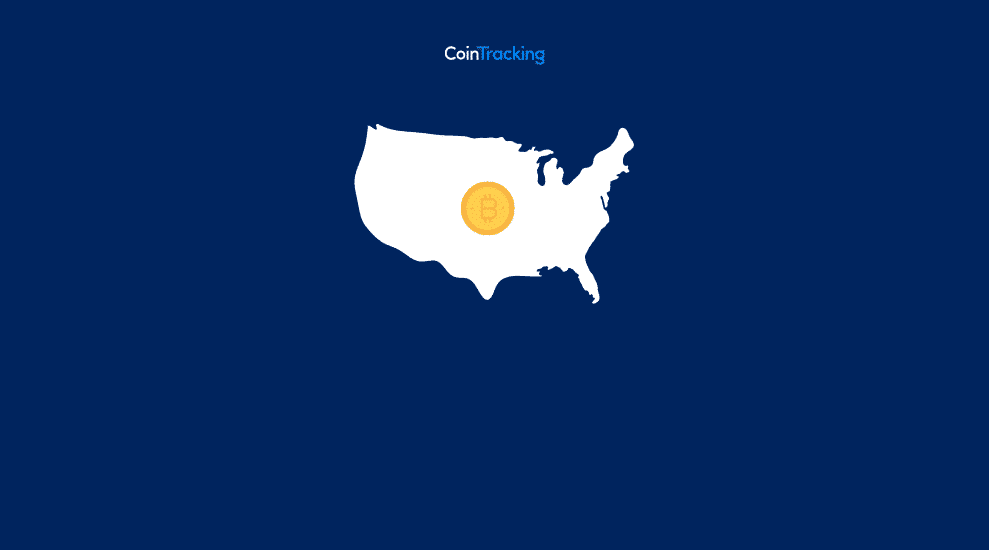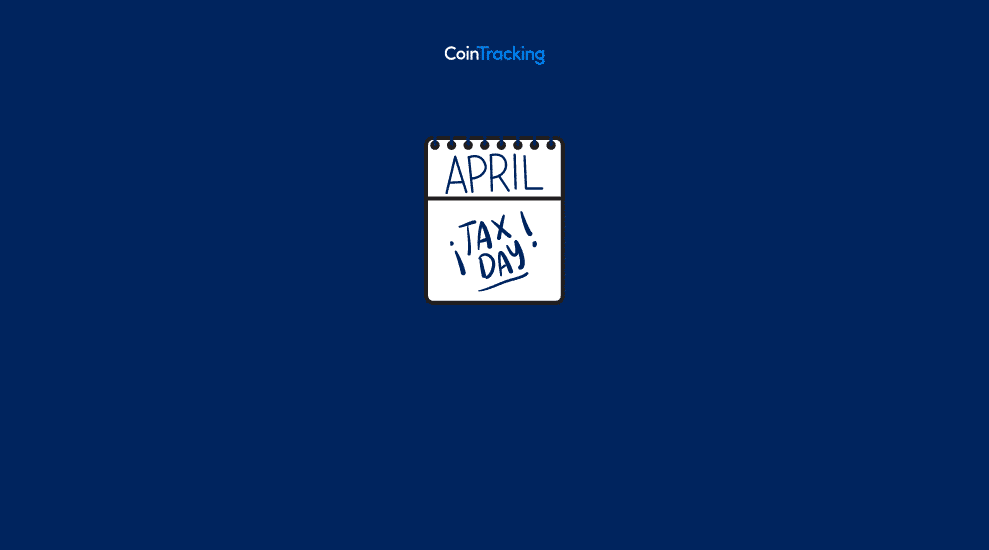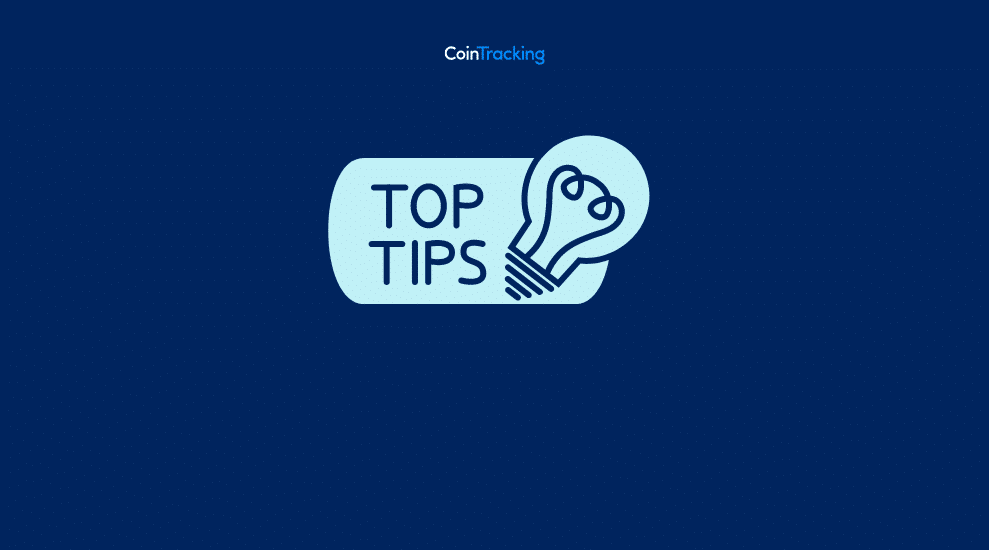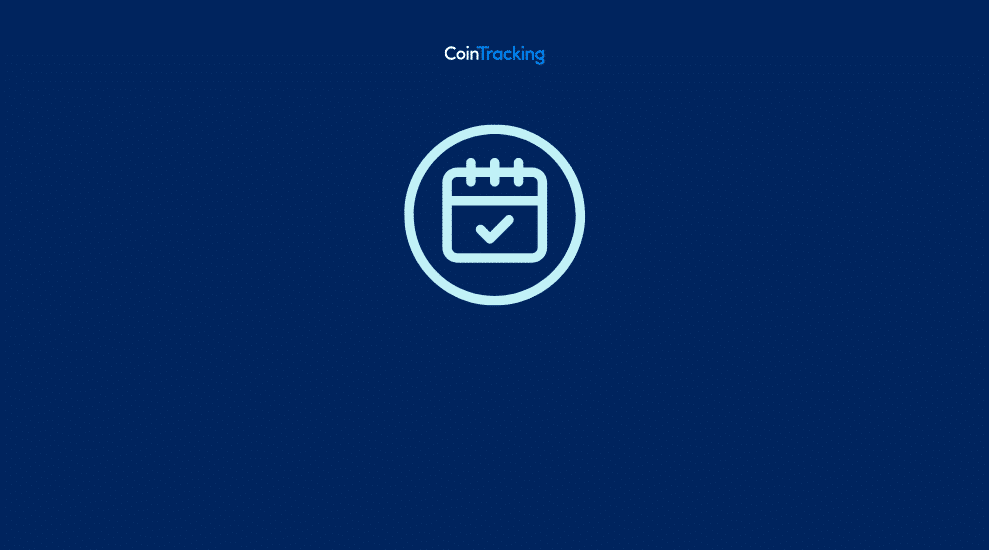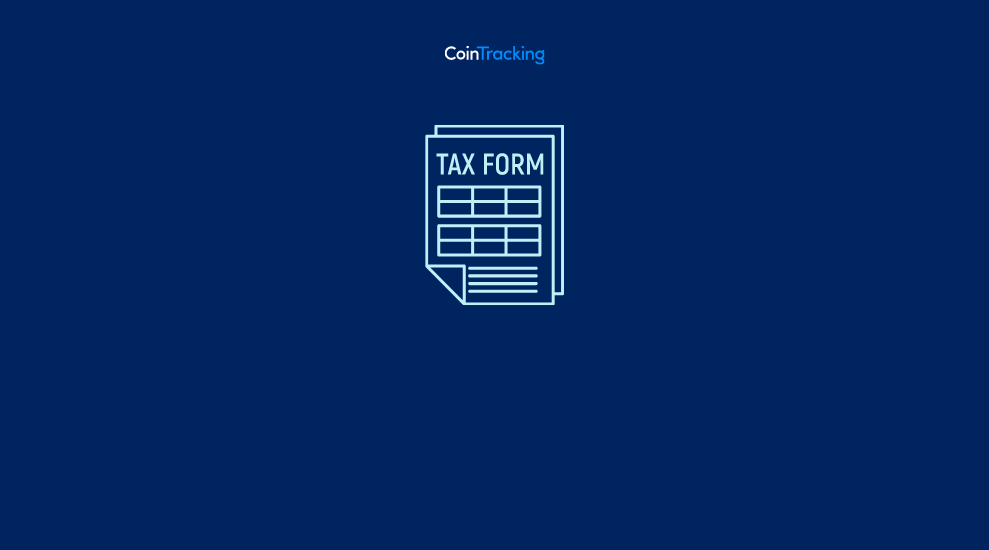FBAR for Crypto Traders: Here’s What to Do if You Forgot to File it
29 Mar, 2023 · 3 min read
CoinTracking recently added a new feature that lets US-based crypto traders automatically generate FBAR reports for crypto. FBAR, or the Foreign Bank Accounting Report, is also known as FinCEN 114.
Most casual traders that use foreign crypto exchanges probably don’t have to file an FBAR. But if you held more than $10,000 worth of fiat money in a foreign exchange, you should’ve submitted one.
US tax authorities recently issued FBAR guidance for crypto
Last month, Forbes reported that an accountants’ group finally received a response from US tax authorities regarding their question about foreign cryptocurrency accounts.
Here’s the answer to their query in a nutshell: if you’re a US-based cryptocurrency trader and you use one or more foreign cryptocurrency exchanges, you don’t have to report your cryptocurrency holdings.
However, there’s a catch: you are responsible for reporting your fiat currency holdings if the amount of money in your foreign account exceeded $10,000 USD.
“Holding fiat is no different than holding Euros in the First Bank of Germany,” said Jeffrey A. Schneider, an ACT-E and CTRS qualified accountant at SFS Tax and Accounting Services. “It is still cash and you must follow the same rules.”
Jacob Dayan, CEO and Co-founder of Community Tax and Finance Pal, pointed out another important detail:
“This [the amount of fiat money held in a foreign crypto exchange] is also a cumulative balance, so any 2 accounts combined and exceed $10,000, at any given time during the calendar year, each account will have to be reported.”
Here’s what to do if you forgot to file your FBAR for crypto
According to CPA Laura Walter, you can file your FBAR for crypto late online and you won’t receive a fine or a penalty from the IRS. All you have to do is include an explanation of why you didn’t file.
“I have never seen an FBAR audit or penalty in my career,” Walter added.
The IRS website states that the agency “will not impose a penalty for the failure to file the delinquent FBARs” as long as you’ve properly reported and paid tax on all the income you received from your foreign accounts.
All this means that there’s no downside whatsoever to filing your FBAR if you haven’t done so already. If you have a Pro or Unlimited account with CoinTracking, you can generate your FBAR form for free.
Who needs to file an FBAR?
Anyone that had more than $10,000 USD in a foreign bank account in 2018 were required to a fill out a special form called FinCEN 114 with their tax return.
That rule only applies to cryptocurrency traders that cashed out their cryptocurrency assets for fiat. If the foreign exchange held your money for you at any time, you should have reported it– even if you immediately transferred your funds to a US bank account.
If you traded with a crypto-only exchange or if you never cashed out your cryptocurrency assets, you don’t have to file an FBAR. However, there’s no downside to filing one anyway if you want to do so.
Sign-up to CoinTracking today!
What is the penalty for failing to file an FBAR?
Neglecting to file an FBAR if you need to do so could be a very costly decision. Penalties could range from $10,000 to $100,000, depending on a variety of factors.
“Right now, until the IRS releases further guidance (which is not coming this month as hinted at), people that hold crypto in foreign accounts do not have to file an FBAR,” Schneider said. “But failing to file an FBAR [to report fiat holdings] can carry a civil penalty of $10,000 for each non-willful violation. If the violation is found to be willful, the penalty is the greater of $100,000 or 50 percent of the amount in the account for each violation-and each year that a filing was not made is a separate violation.”
“This can also be worked out to being 50% of the total balance of the foreign accounts,” Dayan added.
The logic behind the law
The information contained in the FinCEN 114 report goes to the Federal Crimes Enforcement Network– the bureau of the United States Department of the Treasury that’s responsible for stopping criminals from laundering money and financing terrorist organizations.
According to FinCEN’s website, all their activities involve following various money trails. In order to do that, FinCEN needs to collect as many data points as possible.
CoinTracking can fill in your FBAR for crypto
A new CoinTracking feature lets Pro and Unlimited users automatically generate FBAR forms for crypto. Click here to get started.
CoinTracking helps with more than FBAR:
- Importing your trades from 110+ exchanges/wallets.
- Support for DEXes, BSC, and Binance Chain.
- 25+ advanced reports.
- Have your Gains calculated automatically.
- Support for 12 accounting methods (e.g., FIFO, LIFO, HMRC, ACB).
- Generate fully compliant Tax Reports worldwide.
If you need personalized help reviewing your transactions or preparing your US tax returns, check out our CoinTracking Full Service. CT Full Service is provided by a team of crypto tax professionals led by Sharon Yip, an expert CPA. Follow our weekly AMAs on Twitter where Sharon Yip answers your crypto tax questions.
Disclaimer: All the information provided above is for informational purposes only and should not be considered as professional investment, legal, or tax advice. You should conduct your own research or consult with a professional financial advisor when investing.
Share this



